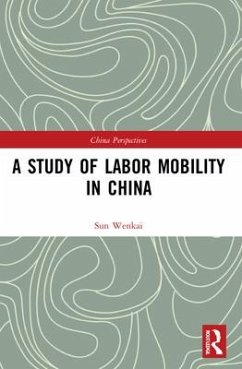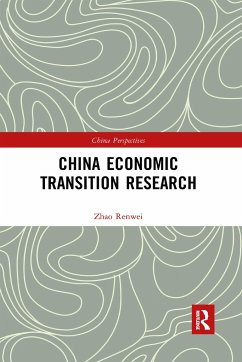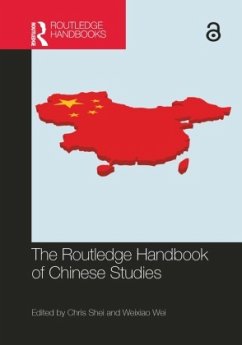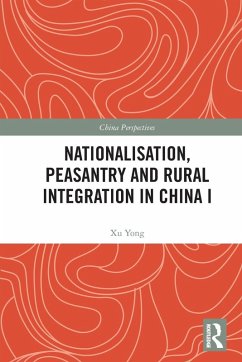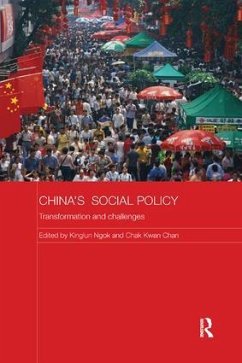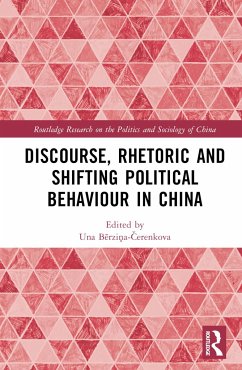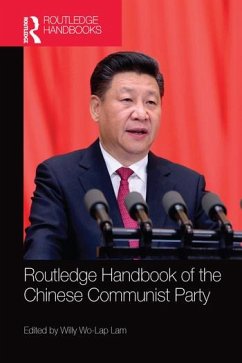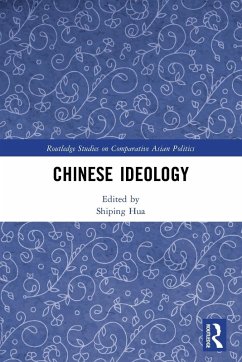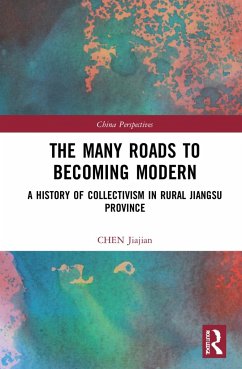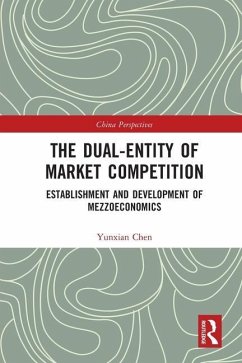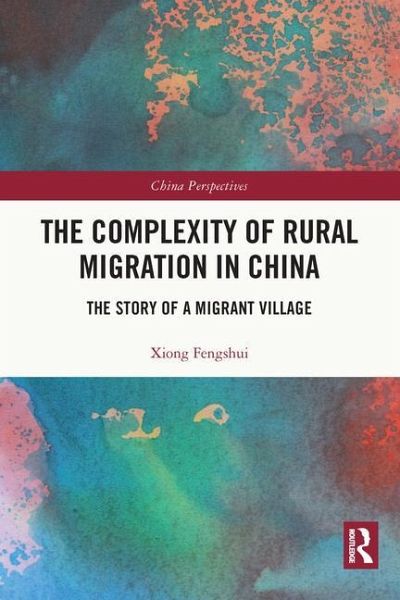
The Complexity of Rural Migration in China
The Story of a Migrant Village
Mitarbeit: Lv, Qiusha
Versandkostenfrei!
Versandfertig in 6-10 Tagen
41,99 €
inkl. MwSt.
Weitere Ausgaben:

PAYBACK Punkte
21 °P sammeln!
This book examines socio-economic relationships and cultural changes in contemporary rural China, focusing on the experience of a typical Chinese village the working-age population of which has been hollowed out by outbound labor migration.The volume sheds light on the inherent complexity of peasants' material, economic, and emotional dependency on the countryside, and how these relationships shape their experience of migration and the personal transformation that comes with it. Simplistic binaries such as "traditional" and "modern" are left to one side in favour of a multifaceted approach to ...
This book examines socio-economic relationships and cultural changes in contemporary rural China, focusing on the experience of a typical Chinese village the working-age population of which has been hollowed out by outbound labor migration.
The volume sheds light on the inherent complexity of peasants' material, economic, and emotional dependency on the countryside, and how these relationships shape their experience of migration and the personal transformation that comes with it. Simplistic binaries such as "traditional" and "modern" are left to one side in favour of a multifaceted approach to understanding the interactions among people, institutions, and the natural environment.
The book will appeal to academics of sociology and anthropology and general readers interested in China's rural society.
The volume sheds light on the inherent complexity of peasants' material, economic, and emotional dependency on the countryside, and how these relationships shape their experience of migration and the personal transformation that comes with it. Simplistic binaries such as "traditional" and "modern" are left to one side in favour of a multifaceted approach to understanding the interactions among people, institutions, and the natural environment.
The book will appeal to academics of sociology and anthropology and general readers interested in China's rural society.





